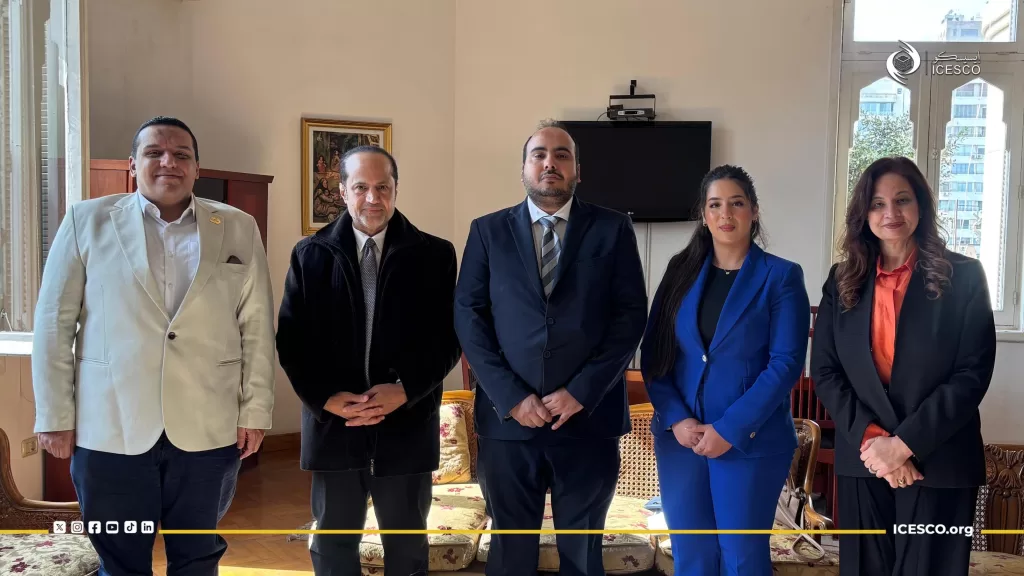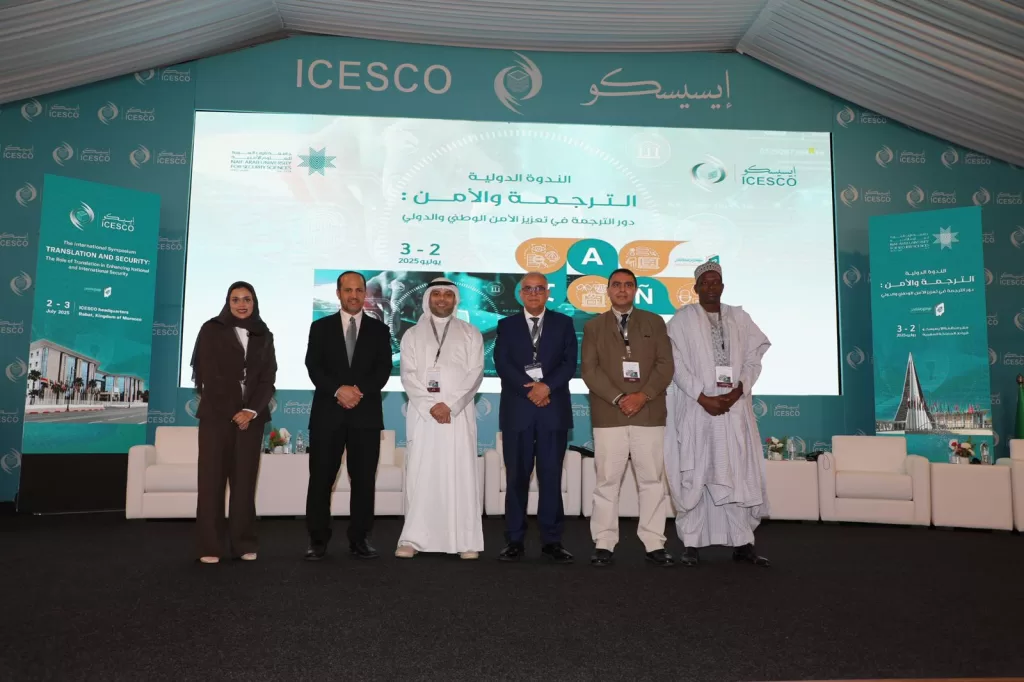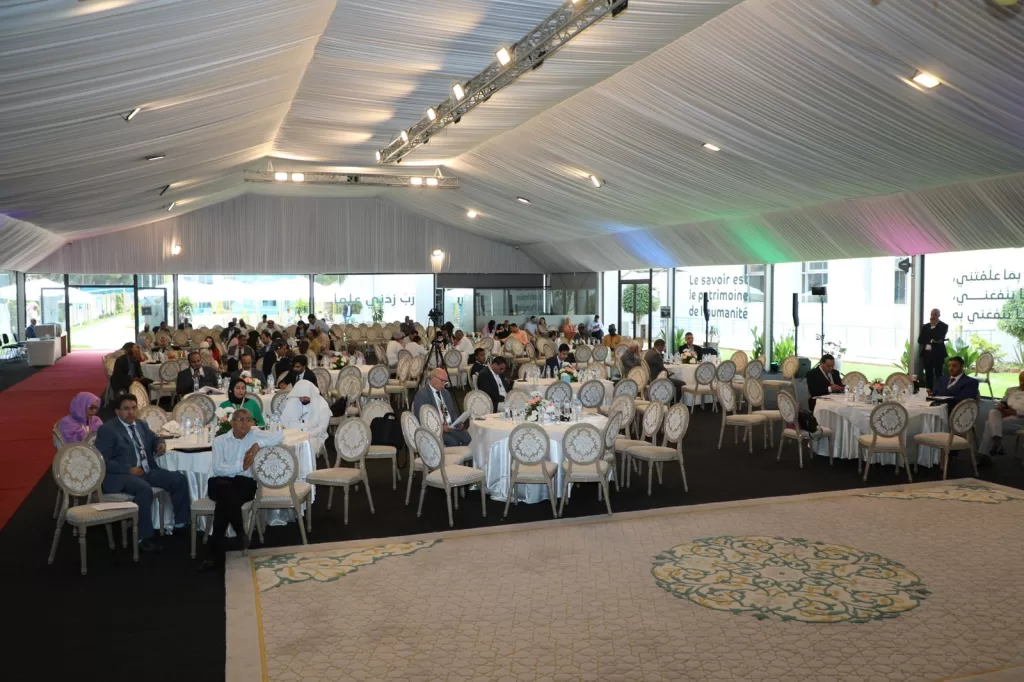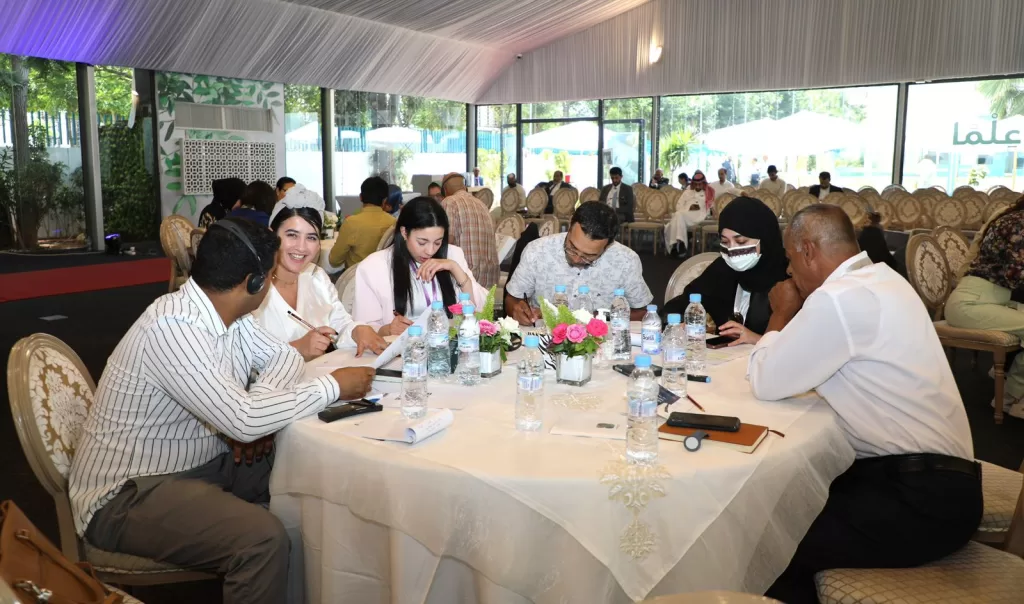In observance of International Translation Day, the Islamic World Educational, Scientific and Cultural Organization (ICESCO) released the following statement:
From the House of Wisdom to ICESCO: Translation as a bridge of civilization and a pillar for building the future.
The world commemorates International Translation Day each year on September 30 under the theme “Translation, Shaping a Future You Can Trust,” symbolically reminding us of the importance of this human act that has accompanied the progress of civilization and contributed to the exchange of knowledge among nations. In this context, ICESCO celebrates the occasion, emphasizing its commitment to enhancing translation and publishing efforts and building bridges of understanding among cultures through training programs and academic partnerships.
In this context, ICESCO links the resurgence of nations to the flourishing of translation movements. During the Abbasid era, the House of Wisdom stood as a pioneering model of how translation became a comprehensive civilizational project. The heritage of the Greeks, Persians, and Indians was translated into Arabic, then reproduced and enriched, making Arabic a language of science and global knowledge.
In line with this dynamic, ICESCO witnessed a qualitative leap last year with the establishment of the Translation and Publishing Center, designed to serve as an effective tool in supporting civilizational communication and disseminating the Organization’s cultural, educational, and scientific mission. The Organization also demonstrated its deep conviction of the role of translation in enhancing international peace and security by organizing, in partnership with Naif Arab University for Security Sciences, an international symposium titled “Translation and Security: The Role of Translation in Enhancing National and International Security,” held at its headquarters in Rabat on 2-3 July, 2025.
The Translation and Publishing Center is steadfast in its belief in the key role of translation across the sectors of education, scientific research, medicine, technology, and international cooperation, in light of the digital revolution, the rise of artificial intelligence, and the knowledge economy. With these advancements and developments, the challenge is no longer confined to the vast quantity of texts but now lies in the quality of translation and the translator’s awareness of the cognitive and intellectual dimensions of their work.
Moreover, the Center believes that translation transcends linguistic skills to serve a civilizational and humanitarian mission, holding a central place within the Organization’s strategy by:
- Building capacities through specialized training programs that combine theoretical and practical aspects.
- Diversifying translation fields to include precise sciences, modern technologies, as well as humanities and arts.
- Enhancing international publishing to highlight the culture of the Islamic world on global platforms and consolidate its influential presence in the international intellectual arena. It also facilitates access to diverse human knowledge and contemporary global thought for researchers and readers in the Islamic world, thus enriching civilizational dialogue and fostering constructive cultural exchange among various civilizations.
On this occasion, Dr. Salim AlMalik, ICESCO Director General, stated, “Celebrating International Translation Day under the theme, “Translation, Shaping a Future You Can Trust” reflects our deep belief that translation is not merely a bridge between languages but a fundamental pillar for building a future based on trust, diversity, and openness. Through its Translation and Publishing Center, ICESCO continues to support translation as a civilizational mission that contributes to enhancing dialogue, peace, and understanding among peoples.”
The Organization avails itself of this international occasion to express its sincere gratitude and appreciation to translators everywhere who dedicate their lives’ work to building bridges of understanding and convergence among civilizations. ICESCO reaffirms that their efforts align with its 2026–2030 vision, which places knowledge, translation, and publishing at the core of building a prosperous future grounded in openness, diversity, and creativity.











